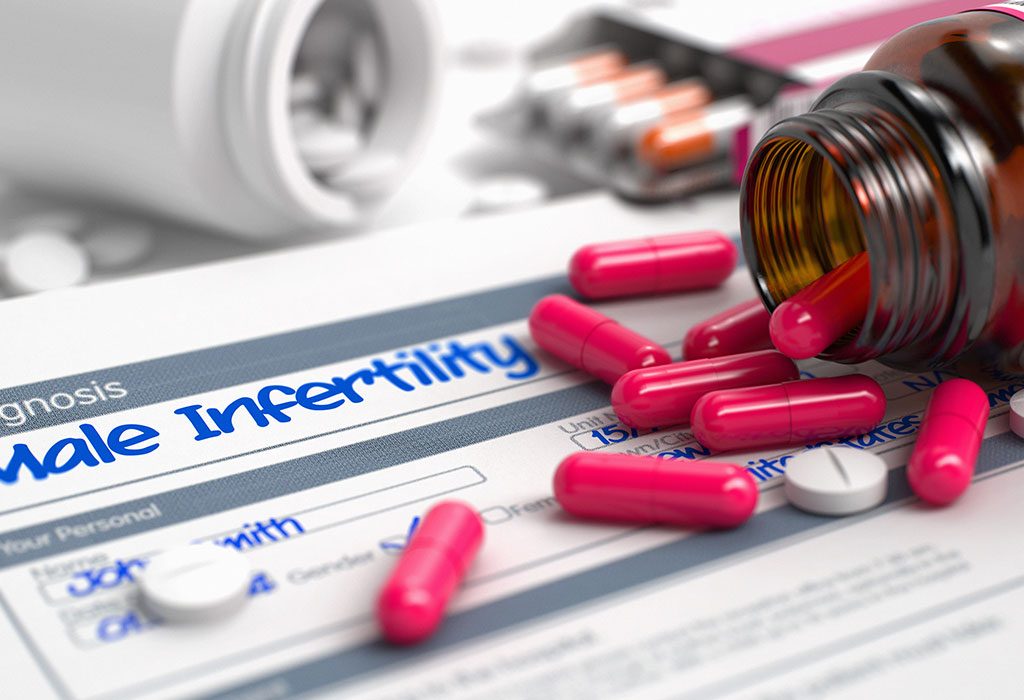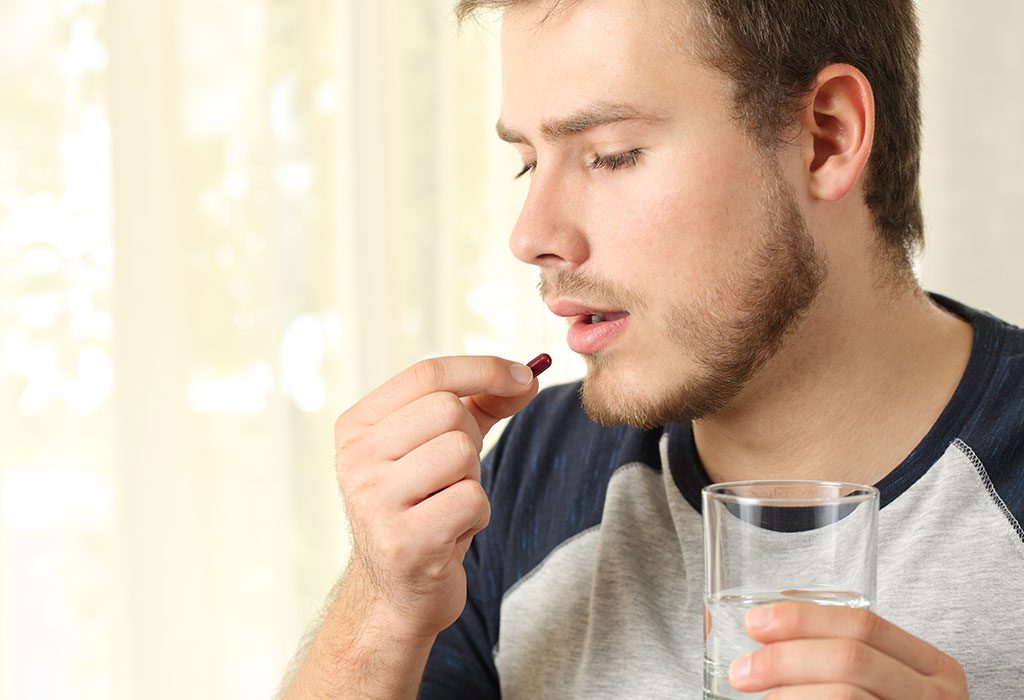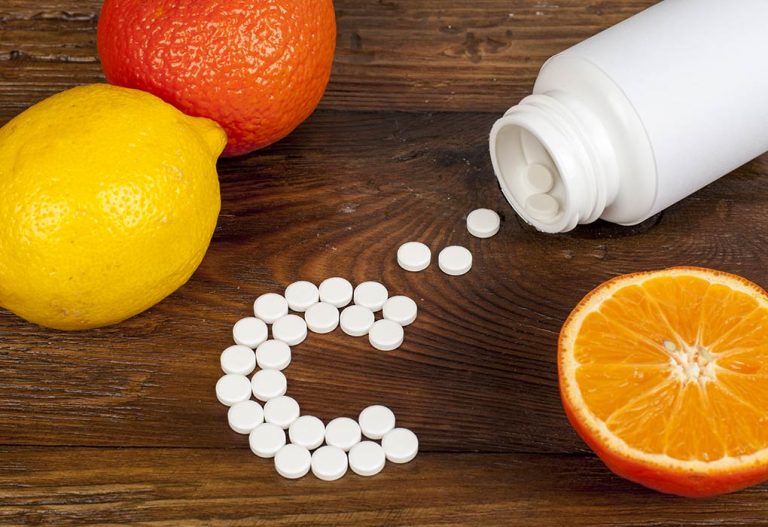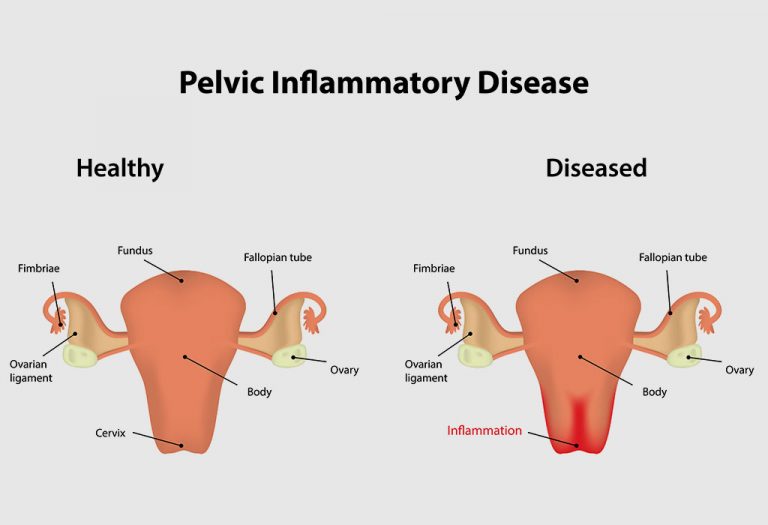Fertility Drugs for Men to Deal with Infertility

- When Should Men Use Fertility Drugs?
- How Do Fertility Medicines Work in Men?
- What Are the Different Fertility Medications Available for Men?
- How Long do Men Have to Take These Medicines?
- What Are the Chances of Conceiving When Using Male Infertility Medicine?
- What Are the Side Effects of Fertility Drugs in Men?
- Tips to Increase Male Fertility Naturally
- How Can You Prevent Infertility?
A man’s fertility depends on the quantity and quality of his sperm. If a man’s sperm quantity and quality are low, he won’t be able to impregnate a woman. Around one in every 50 men have fertility problems, mostly concerning a low sperm count, while only one in every 100 men will not be able to produce sperm at all.
When Should Men Use Fertility Drugs?
It is best to check with a fertility specialist for fertility drugs. After a study of the individual’s health, medical history, and lifestyle, the specialist/ doctor should be able to suggest or prescribe medicines. As of today, only secondary hypogonadism, which is a hormone-related infertility condition that affects around 2% of men, can be treated with infertility drugs. This condition occurs when the pituitary gland or the hypothalamus does not function properly. The changes in hormones stand in the way of the production of normal sperm and testosterone.
How Do Fertility Medicines Work in Men?
Not all fertility drugs work the same way. Here are a few ways in which male fertility drugs work:
1. Hormone Production Is Stimulated
The pills and injections used to treat infertility contain substances or synthesized hormones that maintain a balanced level of testosterone and by increasing or decreasing its production in males.
2. Quality of sperms Is Improved
When sperms are of inferior quality (Low motility, abnormal morphology); few drugs may improve their quality
3. Blood Sugar Levels Normalise
There are cases where an increase in blood sugar levels can cause infertility in men and women. For those cases, medication can help to keep the blood sugar levels under control to improve fertility and control diabetes
4. Blood Flow Is Stimulated
Poor blood circulation in the genital area can also cause impotence in men which can be a cause of infertility. Drugs can improve potency.
5. Increased Libido
As fertility medications also contain some properties of aphrodisiac, the sexual drive of the man can improve as well.

What Are the Different Fertility Medications Available for Men?
The best medicine for male infertility really depends on what is causing infertility in the first place. Although we strongly recommend prescribed medicines. Any of the following drug is not recommended for over the counter use:
1. Clomiphene citrate
This non-steroid can be used to boost testosterone in men by increasing the FSH and LH hormone production. Low testosterone levels result in unhealthy sperm, and this naturally leads to infertility. Since this medication boosts testosterone, it helps to promote healthy sperm that will improve fertility.
2. Gonadotrophins
Gonadotrophins and LH stimulate the testes, and therefore, are used to boost the production of testosterone and sperm count. They are recommended only in case of secondary hypogonadism
3. Letrozole
Available in the form of pills, Letrozole helps to restore normal testosterone levels in men with obesity-related hypogonadism. It falls under the category of aromatase inhibitors and and helps to improve fertility.
4. Bromocriptine
Infertility caused due to hyperprolactinemia can be treated with this dopamine agonist. It stops the release of the prolactin hormone from the pituitary gland. This medication is best for men who have an abnormal sperm count with hyperprolactinemia.
5. Antibiotics And Antifungal Treatments
The reproductive system and semen can sometimes get infected by bacteria or fungi. Using antibiotics and medicines to treat fungal infections can be a solution for infertility for some men who have positive semen culture.

How Long do Men Have to Take These Medicines?
Every drug does not have the same course period, and so the dosage will depend upon the individual’s case. Here are a few to consider:
1. Letrozole
This treatment requires the pill to be taken only once a week. May need to take for 3 to 6 months
2. Bromocriptine
This treatment is used over a period of four weeks on average. It requires an individual to take five to ten milligrams per day.
3. Clomiphene
Usually taken three times during the week, each of the cycles of treatment will run a course of three to six months. The drug can be safely taken in low doses over a period of two years to stabilise the hormone levels and improve fertility conditions.
4. Gonadotrophins
The treatment involves the individual having to take two or three injections a week. Most of the time, the treatment will only last for six months, but if the individual shows little or no improvement after this, they will need to continue with the treatment for one or two years with the hMG regimen in order to bring the hormone levels back to normal.
What Are the Chances of Conceiving When Using Male Infertility Medicine?
Sometimes fertility pills can boost the sperm count to up to 15 million per millilitre of semen. Any number below this is considered a case of low sperm count. Hormonal medications can have an effect on your body, and so it is always best to consult a doctor for the correct dosage. The chances of these medications working really depend on your health condition and the dosage. As they are hormonal medications which can have adverse effects on your body if used without proper indications.
What Are the Side Effects of Fertility Drugs in Men?
Every drug is different and will have its own side effects. Some of these are discussed below.
1. Synthetic Testosterone
Some of the problems that synthetic testosterone can lead to are:
- Mood fluctuations
- Liver problems
- Low energy levels
- Enlarged male breasts
- Excessive hair growth
- Acne
- Skin Rashes
- Prolonged erections
- Water retention
2. Clomiphene
Some of the problems that clomiphene can lead to are:
- Vision changes
- Dizziness
- Headache
- Nausea
- Vomiting
- Diarrhoea
- Weight gain
- Breast enlargement and discomfort
- Changes in libido

3. Gonadotrophins
Some of the side effects that gonadotrophins can lead to are:
- Acne
- Breast enlargement
- The site of injection will be sore
- Infections in the respiratory tract
- Weight gain
- Dizziness
- Nausea
- Moodswings
- Discomfort in the pelvic area
4. Bromocriptine
Some of the side effects that Bromocriptine can lead to are:
- Hallucinations
- Confusion
- Liver problems
- High blood pressure
- Abnormal body movements
- Loss of appetite
- Headaches
- Constipation
- Fatigue
- Light Headedness
- Seizures
Tips to Increase Male Fertility Naturally
Male fertility can be affected by environmental, dietary, and lifestyle choices. Here are some ways you can help boost your fertility by incorporating a few changes in your diet and lifestyle:
1. Regular Exercise:
Exercising on a regular basis can boost your fertility as it helps to increase the testosterone levels in your body. Men who exercise daily have a better quality of semen and better testosterone levels. Exercising for about 45 minutes every day for at least five days a week and consuming a healthy and balanced diet does a fantastic job of improving fertility.
2. Balanced Diet:
Nutrient deficiency prevents sperm production due to impaired hormonal functioning. This can lead to unhealthy and abnormal sperm. Improving your diet to include more balanced meals will allow your body to get the required amounts of nutrition. Fresh vegetables, whole grains, fruits, nuts, and seeds are great foods to include in your diet to help to get the required nutrients.
3. Nutritional Supplements:
Supplements can help to improve male fertility by increasing the sperm count or motility of the sperm. Vitamin C and Zinc help increase the motility of the sperm by preventing them from clumping together, allowing them to swim freely; Zinc supplements can help increase the sperm count and the testosterone levels. The ideal amount of zinc to include in your diet is 100 to 200 milligrams per day. Some other natural sources of zinc are oysters, turkey, organ meat, wheat germ, legumes, and nuts.
When protein is digested, it produces something called arginine, which is also needed to produce sperm cells. Arginine is available in foods like fish, poultry, meat, dairy, nuts and, chocolate.
Here are some more nutrients that improve sperm count if taken daily and in the right amounts –
- 2 mg copper
- 100mcg chromium
- 1000mcg vitamin B12
- 9 to 12 grams of essential fatty acids
- 200mcg selenium
- 400 mg of coenzyme Q10

How Can You Prevent Infertility?
Infertility can be prevented in certain ways if it occurs due to factors within the individual’s control. Lifestyle, diet, and consequently, health can be maintained or controlled to prevent infertility. Here are some ways you can prevent infertility:
- Sperm motility and morphology are affected by alcohol, nicotine, and other drugs. They should be avoided completely if you want to have a baby.
- Putting on too much weight can cause the sperm cell morphology to become affected. Often, overweight or obese males also suffer from conditions like hypertension, blood pressure, diabetes, etc., which can also complicate their health condition and make them infertile.
- Cycling, using saunas, taking long and hot baths, and wearing tight and confining clothing also affect the testicular temperature by raising it, thus affecting the fertility.
- Stress affects sperm-production. Meditation and deep breathing exercises can help you calm down.
- Avoid exposure to pesticides, heavy metals, and other toxic agents that can affect the body and cause infertility. The compounds found in these chemicals are known to have caused mutation in the human body.
- Radiations that emit from laptops and mobiles also have a negative impact on the quantity and quality of sperm. Try to limit the use of these gadgets.
- Plastic can cause hormonal imbalances, and it is always best to avoid storing food in plastic containers.
- Choose the un-bleached versions of coffee filters, paper, toilet rolls, and tissues as they have fewer chemicals in them, which negatively impact fertility and are safer for use.
- Chlorinated tap water can also affect male fertility negatively.
- Consume organic food to avoid ingesting any pesticides.
- Synthetic cosmetics and deodorants can also cause hormonal imbalances.
- Avoiding animal products that have too much fat in them.
- Fried foods, barbequed, and charcoal-broiled cooking techniques can have a negative impact on fertility.
Also Read:
Fertility Treatments Options for Men
Effective Fertility Foods for Men
Male Fertility Tests – How to Check Male fertility

















